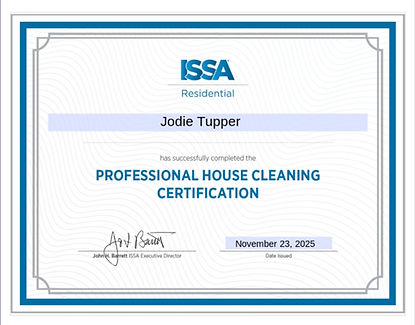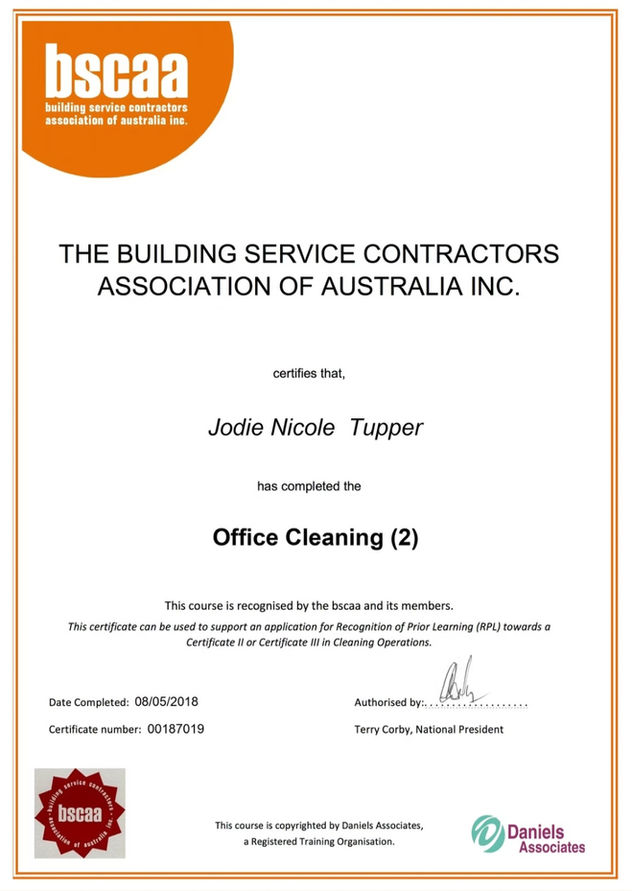Clean Home Cancer Care: Creating a Safe and Supportive Environment for Healing
- jodie tupper

- May 14, 2025
- 4 min read
Creating a safe and supportive environment for healing is paramount for individuals diagnosed with cancer, and a clean home plays a crucial role in this process. The importance of hygiene cannot be overstated, as it significantly impacts the health and well-being of cancer patients, whose immune systems may be compromised. Safe cleaning practices specifically tailored for cancer care not only reduce the risk of infections but also promote a sense of comfort and peace of mind. This post will delve into the health benefits of maintaining cleanliness at home, offering practical tips and expert advice to ensure that you or your loved one can focus on healing in a nurturing environment. Whether you're a caregiver, family member, or a cancer patient yourself, discover how clean home cancer care can be a vital component of your journey to recovery.
Importance of a Clean Environment
A clean environment is crucial for cancer patients. It not only reduces the risk of infections but also promotes overall well-being. Let's explore the health benefits of cleanliness and why hygiene is particularly important for those undergoing cancer treatment.
Health Benefits of Cleanliness
Maintaining a clean home offers numerous health benefits, especially for cancer patients. A tidy environment reduces exposure to harmful bacteria and viruses, which is crucial for those with weakened immune systems.
Regular cleaning also helps eliminate allergens like dust mites and pet dander, improving air quality and reducing respiratory issues. This is particularly important for cancer patients who may experience breathing difficulties as a side effect of treatment.
Moreover, a clean space can have positive effects on mental health. An organized environment can reduce stress and anxiety, allowing patients to focus on their recovery. It creates a sense of control and normalcy during a challenging time.
Hygiene Importance for Cancer
For cancer patients, maintaining proper hygiene is not just a matter of cleanliness—it's a vital aspect of their care. Cancer treatments often weaken the immune system, making patients more susceptible to infections.
Proper hygiene practices, such as frequent handwashing and regular cleaning of high-touch surfaces, can significantly reduce the risk of illness. This is especially important during chemotherapy or radiation therapy when the body's defenses are at their lowest.
Additionally, good hygiene can help manage treatment side effects. For example, keeping the mouth clean can alleviate discomfort from oral mucositis, a common side effect of chemotherapy.
Safe Cleaning Practices
When it comes to cleaning for cancer patients, it's essential to use safe and effective methods. Let's discuss specific cleaning practices tailored for cancer patients and how to ensure a safe cleaning environment.
Cleaning for Cancer Patients
Cleaning for cancer patients requires special attention to detail and the use of appropriate products. It's crucial to maintain a balance between thorough cleaning and avoiding harsh chemicals that may cause irritation.
Start by focusing on high-touch areas such as doorknobs, light switches, and remote controls. These should be cleaned daily with a mild disinfectant. For general cleaning, use gentle, unscented products to avoid triggering sensitivities that may have developed during treatment.
When cleaning floors, opt for damp mopping rather than sweeping to minimize dust particles in the air. Vacuuming should be done with a HEPA filter vacuum to trap small particles effectively.
Safe Cleaning Practices Cancer
Safe cleaning practices for cancer patients involve more than just using the right products. It's about creating a comprehensive cleaning routine that prioritizes the patient's health and comfort.
Use on-toxic and eco-friendly cleaning products, when possible, to avoid exposure to harsh chemicals.
Ensure proper ventilation during cleaning to prevent the buildup of fumes or odors that may cause discomfort.
Wear gloves and a mask while cleaning to protect yourself and prevent the spread of germs.
Remember to clean and disinfect medical equipment regularly, following the manufacturer's instructions. This includes items like thermometers, blood pressure cuffs, and mobility aids.
Lastly, be mindful of the timing of your cleaning activities. Try to schedule more intensive cleaning when the patient is out of the house or resting in another room to minimize disruption and exposure to cleaning products.
Creating a Supportive Environment
A clean home is just one aspect of creating a supportive environment for cancer patients. Let's explore how cleanliness impacts emotional well-being, and the role caregivers play in maintaining a clean and nurturing space.
Emotional Well-being and Cleanliness
The link between a clean environment and emotional well-being is significant, especially for cancer patients. A tidy and organized space can provide a sense of calm and control during a time of uncertainty.
Clutter-free surroundings can reduce stress and anxiety, allowing patients to focus on their recovery without the added burden of a messy environment. This can lead to improved mood and a more positive outlook on treatment and healing.
A clean home can foster a sense of dignity and normalcy. It allows patients to feel comfortable inviting friends and family over, maintaining social connections that are crucial for emotional support during treatment.
Role of Caregivers in Clean Home Cancer Care
Caregivers play a vital role in maintaining a clean and supportive environment for cancer patients. Their efforts go beyond just cleaning; they create a space of comfort and healing.
Caregivers should establish a regular cleaning routine, focusing on areas that are most important for the patient's health and comfort. This might include daily disinfection of bathrooms and kitchen surfaces, as well as frequent laundering of bedding and towels.
It's also important for caregivers to involve the patient in decisions about cleaning and organization when possible. This can help maintain the patient's sense of autonomy and control over their environment.
Lastly, caregivers should be mindful of their own health and safety while cleaning. Using proper protective equipment and taking breaks when needed ensures they can continue providing care without compromising their own well-being.







%20(1).jpg)









.jpg)


























.jpg)


.jpg)




